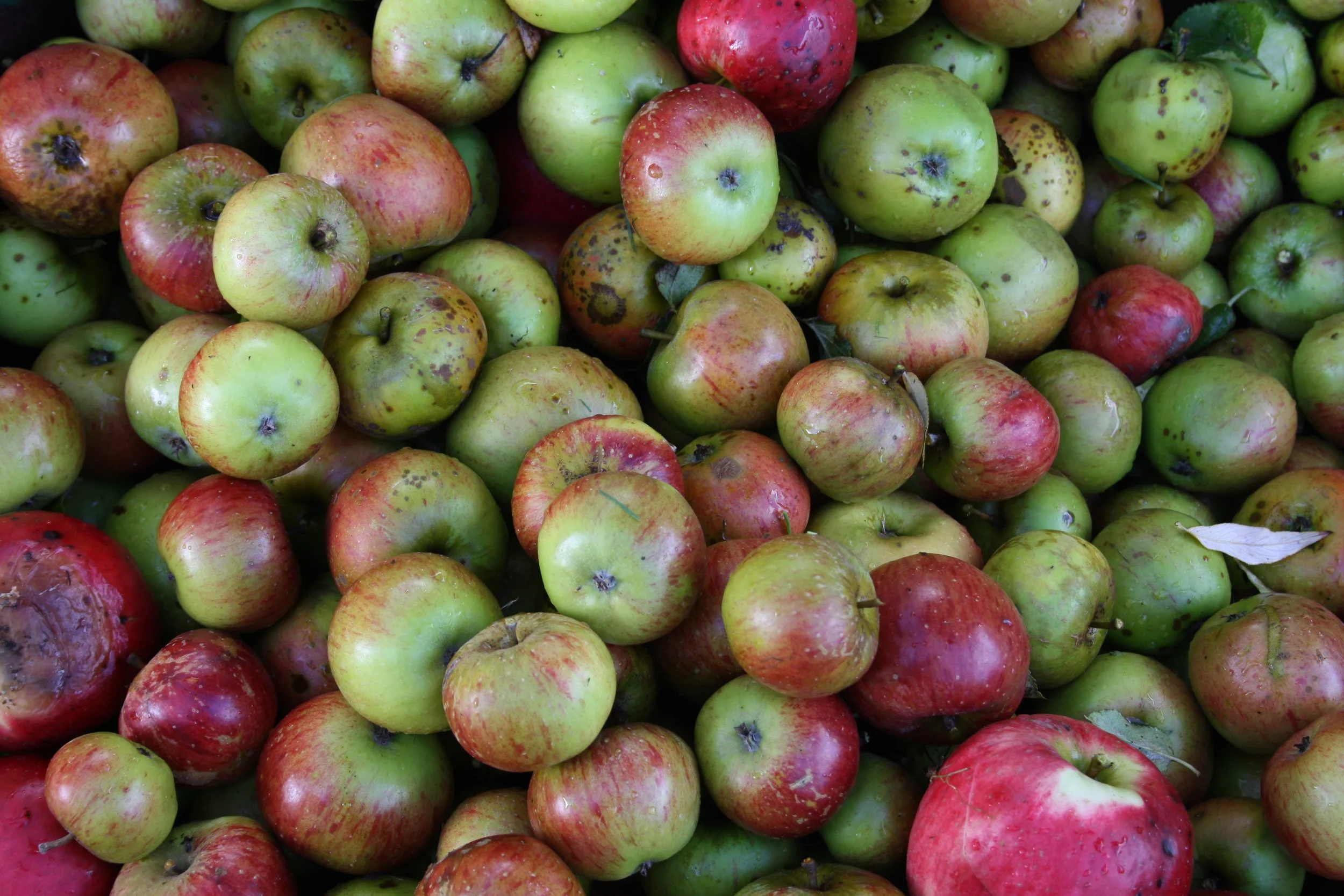Local Food Systems in York, and developing a proposal for a Centre for Learning on York Central focused on growing, cooking and eating
Credit: Mikejamesshaw. WikiMedia Commons
Three of the 8 Big Ideas from My York Central public engagement process suggested York Central as a place to draw together ideas, learning and activity: A community made through exchange; A hub that catalyses York’s creativity and innovation and Public spaces that enable people to be collectively creative. Over the past couple of years YoCo has been exploring how to develop these ideas, not least through inspiring talks from Hackney School of Food and Chefs in Schools, Camden Think & Do, Homebaked and also checking out inspiring examples such as Helsinki’s Think Corner.
One theme that has always been present is growing and food – so a group of us convened after the Food Circle’s Saturday Market at Tang Hall Community Centre to talk about local food systems and learning to grow and cook.
Participants
· Matt Nicholson – York Collective, interest in cooperative aspects including shared assets.
· Steve Holding – Pig & Pastry and Supper Collective, interested in food and teaching
· Penny Bainbridge – involved partly as YoCo director, partly Edible York (partly York Environment Forum too)
· Sian Goard – Good Food York, interested in regenerative food systems
· Tony Chalcraft – YACIO allotments and Knapton Lane nurseries
· Jane Thurlow – Knapton Lane nurseries, WWOOF and volunteering around organic food
· Charlotte Bickler – Organic Research Centre – interested in knowledge exchange (and just passing through so not present for most of meeting!)
· Adam Myers – YACIO and role in setting up Brunswick Organic Nurseries
· Adrian Lovett – Good Food York – knowledge exchange and sharing, One Planet York and membership of Sustainable Food Places.
· Helen Graham and Phil Bixby – YoCo
· Apologies – Laura Potts
Key points from a wide-ranging discussion:
Skills for growing: Allotments – often people take them on with enthusiasm but lose enthusiasm fast as lack of knowledge leads to poor results. Are there ways to bridge this gap in knowledge, whether by mentoring, workshops or more formal learning?
Growing and cook with seasonal food: Use of local food requires thinking about seasonality. “The problem of the barren months”. Although the ‘hungry gap’ can be alleviated by careful growing as well as preserving, drying or fermenting etc, if these skills are shared.
Local food economies: There are very few local producers supplying produce into the local food market. Community and commercial growing are separate but connected – and experience some similar challenges. How can every part of the food system be cultivated from growers to sellers to those that will buy local food? An example is CSA – Community Supported Agriculture. Build on Campaign to Protect Rural England’s food webs research.
Sharing assets: We need to identify and value the assets which enable successful food networks – for example kitchens in community spaces as well as commercial kitchens. Could we map these potential share assets in the Holgate Ward? Are there existing networks which could become more involved and hence become food networks – whether churches or York MCN?
Reimagining Allotments as part of a local food system: York allotments are managed by an arms-length organisation called YACIO. There is already debate around making allotments different, perhaps more linked to specific streets or communities, and more collective.
Understanding more about what Food Circle has accomplished: What economic models has Food Circle’s work revealed? How can the Food Circle work be supported and scaled out?
Thinking forward in terms of a Centre for Learning
By the end of the discussion there was an interest in using York Central as a place to push forward this agenda:
· Could York Central host a centre/hub which has a teaching allotment and a teaching kitchen focused on seasonal food?
· How might this Hub be meaningfully connected into the wider local food system, within York and regionally?
· How might such a Hub enable a hub and spoke model (with other community allotments and shared kitchens elsewhere in York and beyond)?
· How might this Hub enable intergenerational learning, link into accredited qualifications but also informal learning (supporting people with gardens and allotments)?
· How might this Hub also support a café – to bring people in and generate employment and training opportunities?
We will use these questions to shape the design of the Centre for Learning workshop.

